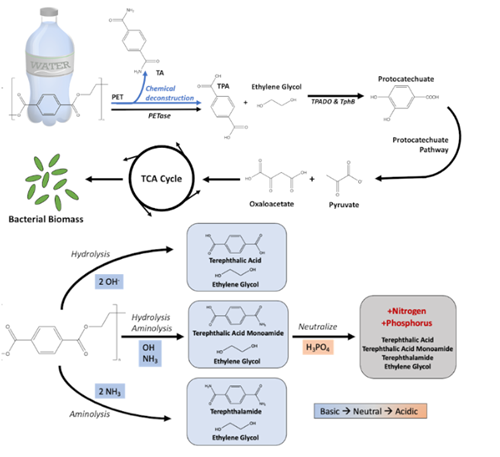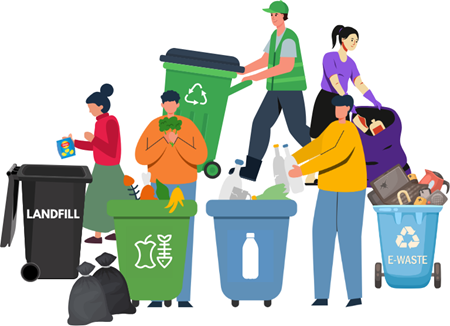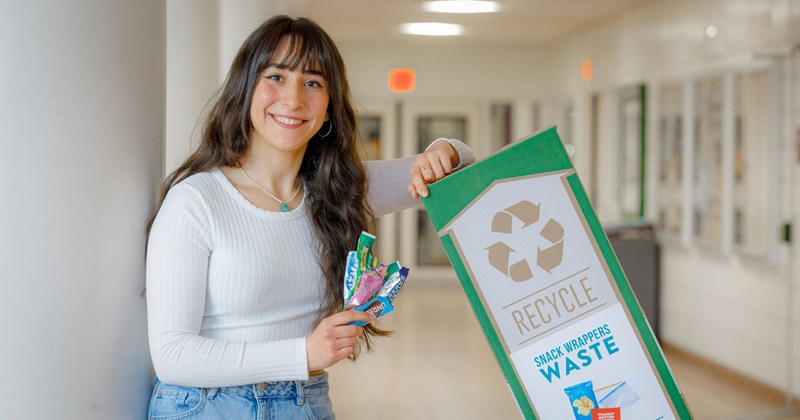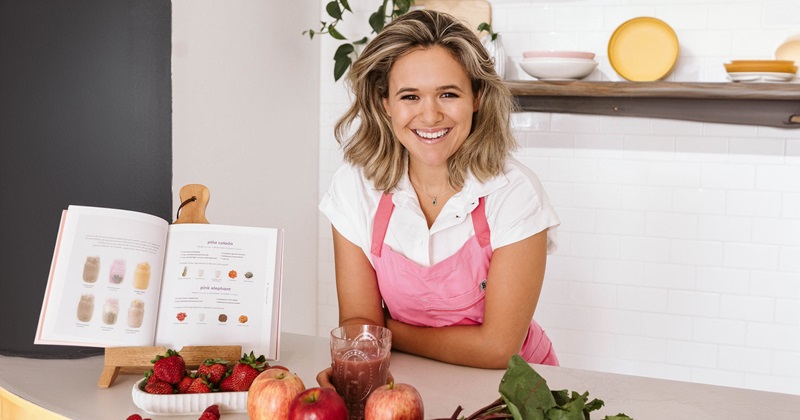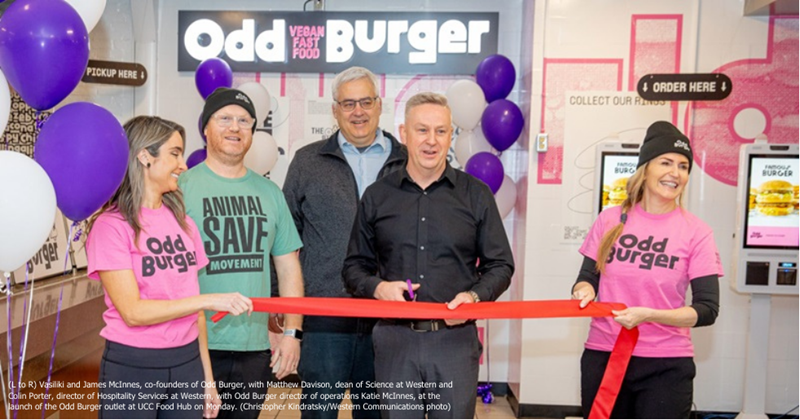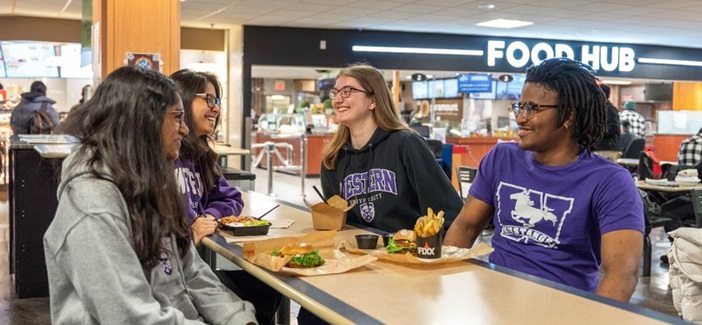Ensure sustainable consumption and production patterns
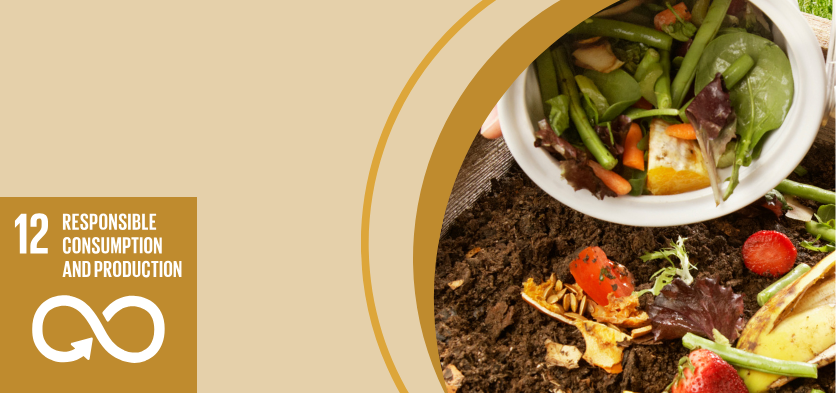
Research
Transforming Plastic Waste into Food: The BioPROTEIN Project
The BioPROTEIN project, a collaboration between Western University, Michigan Tech University, and the University of Illinois, converts plastic waste into bacterial protein. This innovative process involves breaking down plastics like meal wrappers and water bottles into an oily substance through pyrolysis and chemical reactions. This oil feeds oil-eating bacteria in a bioreactor, producing cells that are about 55% protein. Powered by solar energy and waste gas, the system utilizes technology developed at Western’s Free Appropriate Sustainability Technology lab, offering a sustainable solution to repurpose plastic waste into valuable nutritional resources.
Circular Economy Lab
Teaching
What Goes Where @ Western
Western offers comprehensive resources to help students and staff accurately sort waste, reducing contamination and minimizing landfill impact. Detailed guides outline various waste streams, including separate recycling options for containers and paper, and designated bins for organics and landfill waste. Special disposal options for items like batteries and e-waste are also specified. Printable sorting signs and the map of green bin locations across campus are available to facilitate correct waste classification.
Dual Degree in Foods & Nutrition and Chemical Engineering
This unique dual degree program combines Chemical Engineering (BESc) and Foods & Nutrition (BSc) at the Faculty of Health Sciences and the Faculty of Engineering, completed over five years. It equips students to enhance food production, distribution, and sustainability, focusing on innovative solutions like sustainable packaging to minimize environmental impact. Graduates are prepared for careers in product and process development, food safety, and quality assurance within the food, agricultural, and manufacturing industries, addressing global challenges and contributing to a healthier, more sustainable world.
Consumer Behavior Program
The Consumer Behavior program equips students with insights into the factors influencing consumer purchases, including personality, lifestyle, perceptions, attitudes, and cultural influences. Students learn how these elements intersect with marketing strategies to shape business decisions towards more sustainable practices. The curriculum culminates in a Bachelor of Management and Organizational Studies degree, emphasizing practical applications through courses like the Seminar in Consumer Research. In this course, students critically analyze and discuss key studies, gaining a deeper understanding of the dynamics at play in consumer markets.
Outreach
Snack Wrapper Recycling Expands at Western
Katarina Kukolj, a master’s student in biology, has expanded a snack wrapper recycling initiative across Western’s campus. Inspired by her passion for environmental conservation, Kukolj introduced compost and mask recycling programs during the pandemic. Now, with $4,000 from the Western Sustainable Impact Fund, she manages nine TerraCycle recycling boxes in various buildings. The program allows the recycling of chip bags, granola bar wrappers, and resealable plastic bags. With plans to extend the program further, Kukolj’s efforts significantly contribute to waste reduction and environmental stewardship at Western.
Carleigh Bodrug: From ‘Western U’ to PlantYou
Carleigh Bodrug, a Western University graduate, has significantly advanced sustainable eating and waste reduction through her platform, PlantYou. With over 11 million followers and two New York Times bestsellers, she offers simple, plant-based recipes and tips on minimizing food waste. Her journey started with a personal health revelation, leading to a plant-based diet that she now promotes widely. Through her accessible recipes and the PlantYou app, Bodrug helps people eat healthier, save money, and reduce environmental impact.
EnviroUSC
EnviroUSC is dedicated to promoting environmental sustainability at Western. The organization spearheads various initiatives, including gardening, sustainable food practices, waste reduction, and broad outreach efforts to engage students in creating a more sustainable campus. They believe that students have the power to make a significant positive impact on the environment, both within the university and in the wider community.
Operations
Odd Burger: Plant-Based Dining at Western
Odd Burger, founded by Western alumni James and Vasiliki McInnes, has launched its first university location at Western’s University Community Centre, offering a fully vegan menu including burgers and dairy-free milkshakes. Supported by the growing demand for sustainable dining options, this establishment serves as a hub for students, faculty, and staff to engage with plant-based eating.
Sustainable Food
Hospitality Services at Western champions sustainability with various initiatives:
- Fair Trade Campus: Recognized for eight years running as a Fair Trade Campus.
- Honeybee Hives: Maintains hives on campus, using the honey in recipes, for tea and coffee, and bottling it for sale.
- Waste Reduction and Healthy Eating: Encourages students to improve waste reduction, source food responsibly, and embrace healthy eating.
- Seafood Sourcing: High Liner Foods supplies 99% of responsibly sourced seafood for Residence Dining.
These efforts by Hospitality Services are detailed in their Sustainability Commitment Report.
Living Sustainably in Residence
Western encourages students to adopt sustainable practices in residence:
- Choose2Reuse Program: For a $5 fee, students use reusable containers for dining hall take-out, reducing waste.
- Meatless Mondays: Promotes plant-based meals, aiming for 40% plant-based menus by 2024, enhancing health and sustainability.
- Waste Reduction Week: Annual October event with waste-diversion challenges and educational pop-up booths.
- Wellness Carnival: Events highlighting environmental wellness, with tips on sustainable living.
- Moving Out: Opt for donating and recycling items over trashing to help the environment and community.
